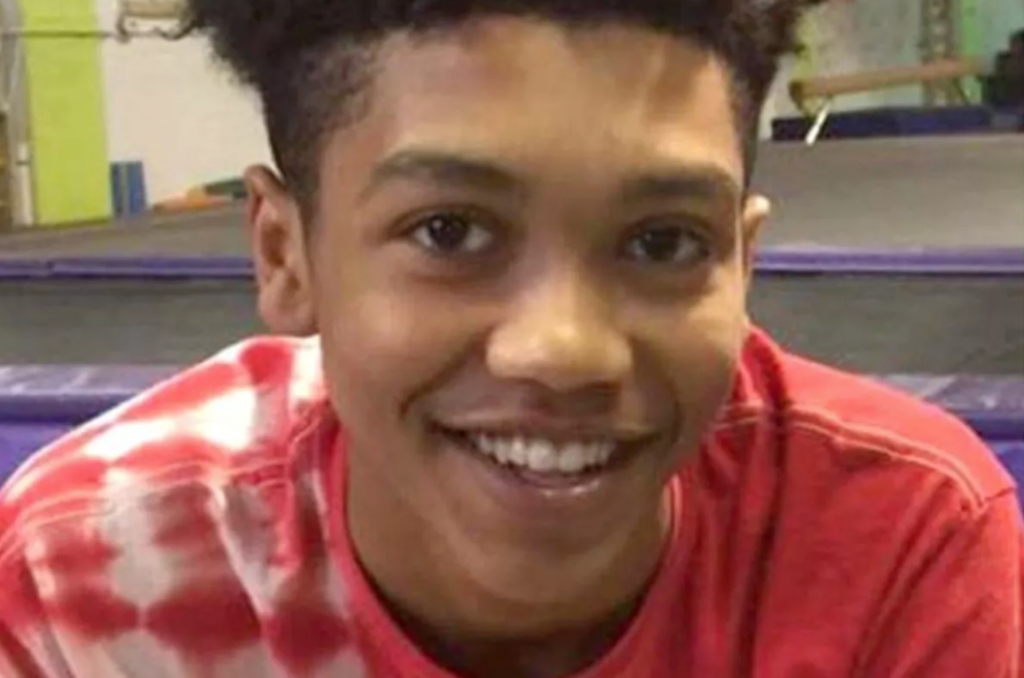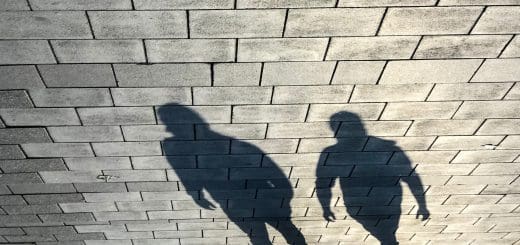Police Killings Hurt Mental Health In Black Communities
(TW: trauma.)

Antwon Rose Jr., 17, was unarmed when he was shot to death by a white police officer on July 19 in East Pittburgh.
Each year, American police officers shoot to death more than 300 black Americans. (By the way, that is a lot more than the number of deaths per year in school shootings.) At least a quarter of the victims are unarmed, and some of them are adolescents or young adults.
Recently, an international medical journal called The Lancet published a study that indicates that when police in the United States kill unarmed black people, it harms the mental health of black people living in those states.
Black readers might be like, “Duh, we could have told you that.” But it’s important that scientists study people’s responses to traumatic events, so that they can assess actual harms that social systems do to populations and use that data to call for larger responses.
In this case, the study suggests that police violence is harming black Americans’ mental health, and it calls for further study of these effects as well as policy changes. One of the study’s authors explained the mental health effects this way to the New York Times:
Having seen something so horrific and traumatic that happened to someone else, I’m reminded in a very painful and salient way that the deck might be stacked against me. It’s really about all the kinds of insidious ways that structural racism can make people sick.
The study also showed that:
- white people don’t experience adverse mental health effects from these shootings
- neither white nor black people experience adverse mental health effects when police kill unarmed white Americans, or black Americans who are armed.
The study mentioned in particular the shootings of six victims, four of whom were adolescents or young adults (Oscar Grant III, 22; Michael Brown, Jr., 18; Freddie Gray, 25; and Stephon Clark, 22). And at about the same time as this study was published in The Lancet, unarmed 17-year-old Antwon Rose, Jr. was killed by police in the Pittsburgh area.
The mental health effects of these killings specifically on black American adolescents and young adults has not yet been studied—and since so many victims are adolescents, it ought to be. Since black teens and young adults are part of the black population, they certainly must be experiencing adverse effects—it would be important to look at what kinds and how severe they are.
The study’s authors suggest that programs and policy be designed to decrease the frequency of police killings and to help reduce the adverse mental health effects within communities when these killings happen. Activists are calling for trauma-informed practices in schools, workplaces, and families.
How have you been affected by police shootings of unarmed black people? Have you been personally affected—emotionally, psychologically? What do and your friends do to take care of yourselves and each other? Share with us in the comments.




Recent Comments